Media coverage
Share

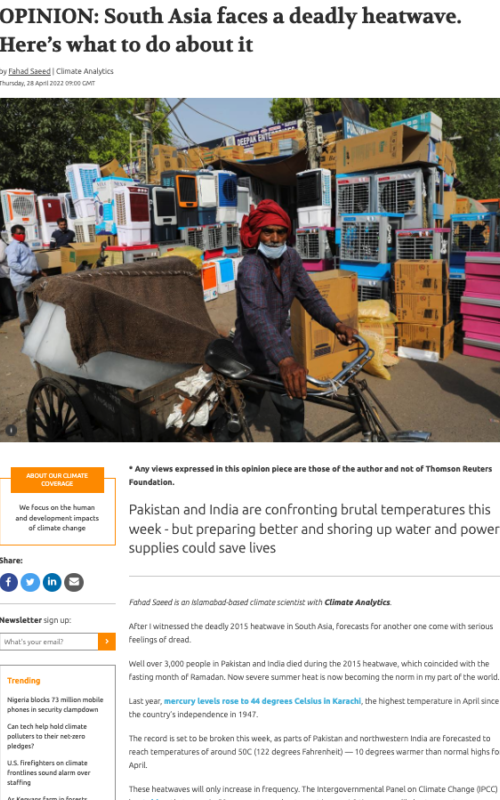
THOMSON REUTERS FOUNDATION
Regional lead for South Asia and the Middle East, Fahad Saeed, describes remedies in response to the heatwave in South Asia. A few suggestions include the proper provision of water and power, adding renewables to power generation, and cooling centres in public facilities.
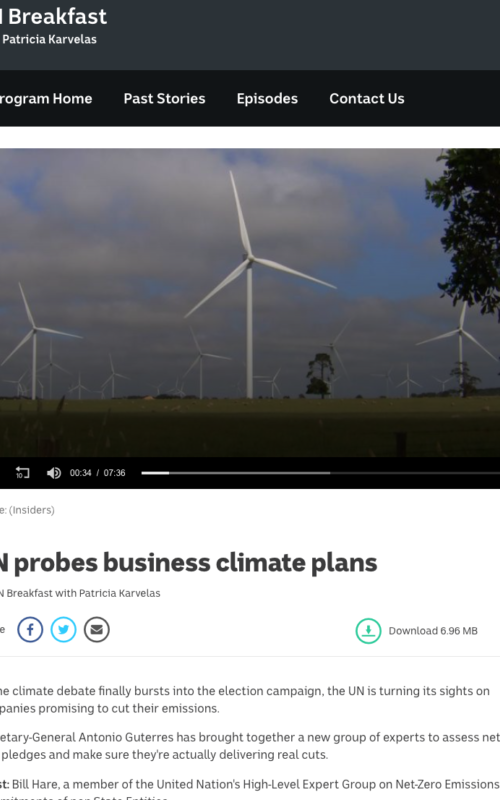
ABC
As a member of the United Nation's High-Level Expert Group on Net-Zero Emissions Commitments of non-State Entities, CEO Bill Hare speaks with ABC in Australia about what the expert group is doing to encourage companies to meet their net-zero goals.
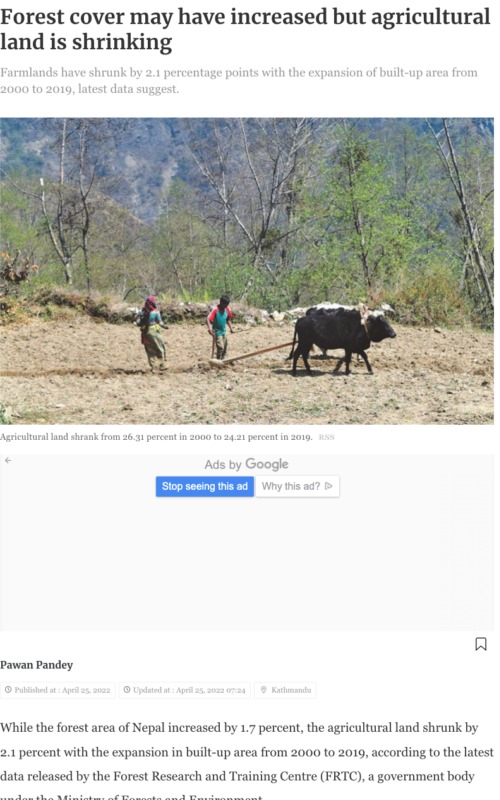
THE KATHMANDU POST
Farmlands in Nepal have shrunk 2.1 per cent in the period from 2000 through 2019, due largely to migration and shortage of labour. About 10 per cent of this agricultural land has been converted into forest cover, leading to a 1.9 per cent increase in the same time period.
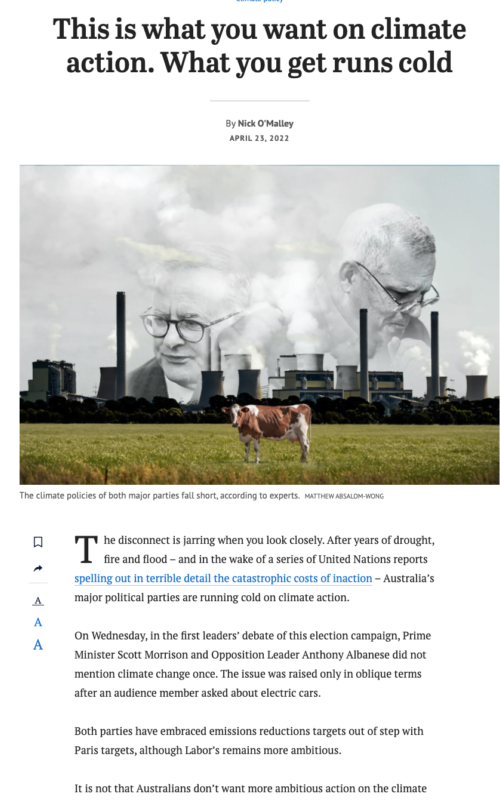
The Sydney Morning Herald
Both parties of the Australian government have shown little commitment to Paris climate goals. The Climate Action Tracker is featured in this piece, and shows the country's current policies on climate to be well above the target 1.5 degree threshold. The reasons behind this, and possible solutions, are laid out.

CLOUDPro.
In 2019, Singapore imposed a moratorium on data centres construction because of their contribution to global carbon emissions. The justification for green policies, and an evaluation of Singapore's progress, is outlined by our climate and energy policy analyst, Anna Chapman.

The Washington Post
The Elephant Hill fire in British Columbia, Canada emitted 38 million tons of greenhouse gas that went unreported by the Canadian government. Clair Fyson, co-head of our climate policy team talks about the challenge of accountability for land-based emissions in this fascinating piece about the disparity between emissions that are reported to the UN and independent documented data.

The Sydney Morning Herald
CEO Bill Hare reacts to the commitment of the Labor government in Australia toward new fossil fuel projects to fill increasing international demand. These new projects will receive massive funding despite recent east coast floods linked to climate change.
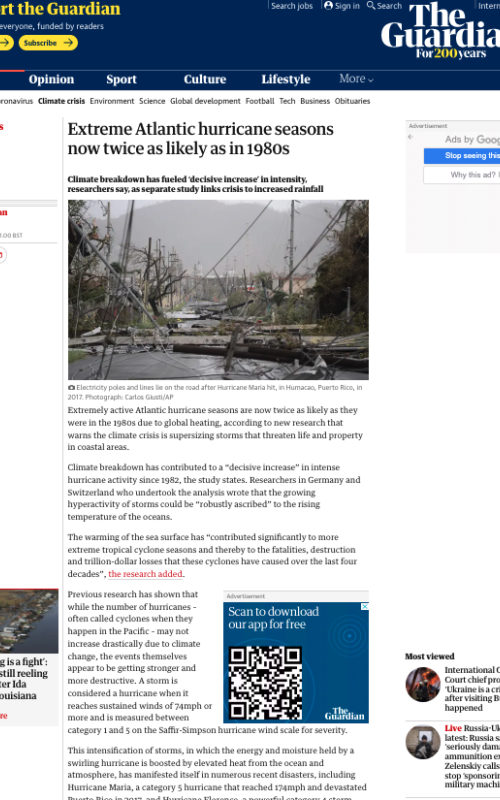
The Guardian
This piece from the Guardian carries our article researching the effects of sea surface temperature on extreme hurricane seasons in the Atlantic.
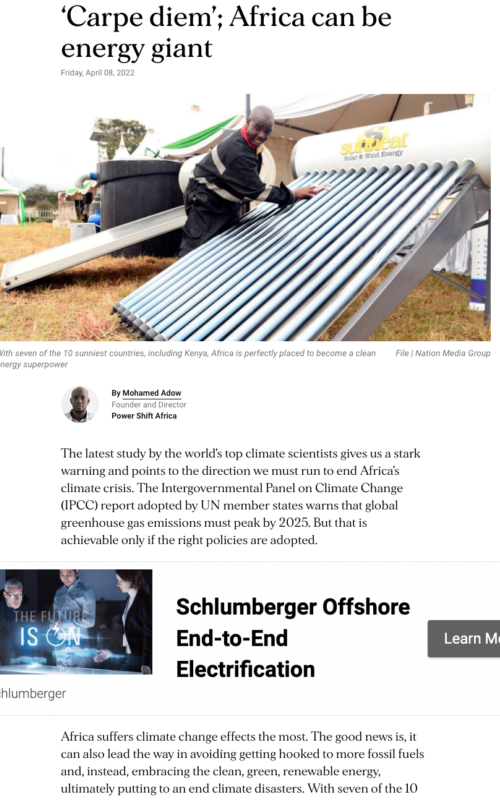
Nation
With wind and solar energy costs falling and energy imports getting more expensive, Africa can use its abundance of renewable resources to leapfrog fossil fuels altogether. South Africa has the ability to increase the renewables share of power generation to 78-90 percent by 2030.
